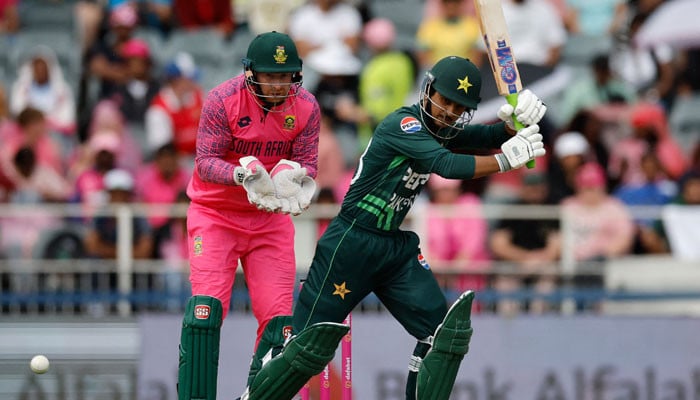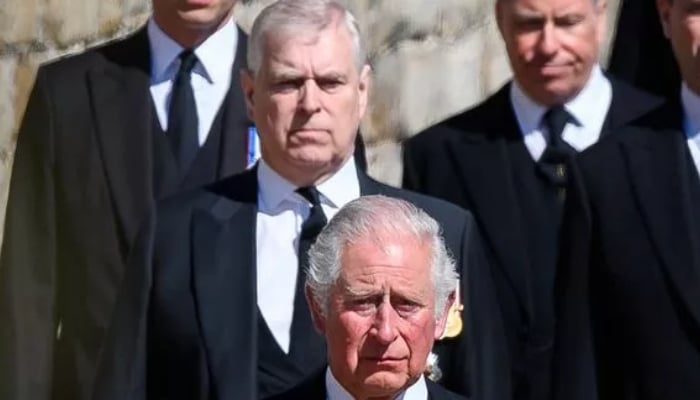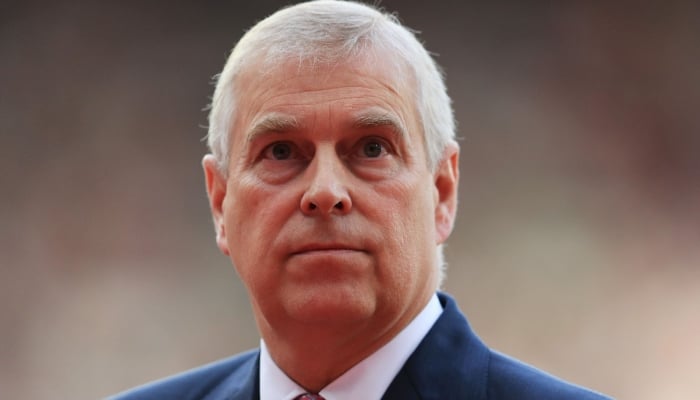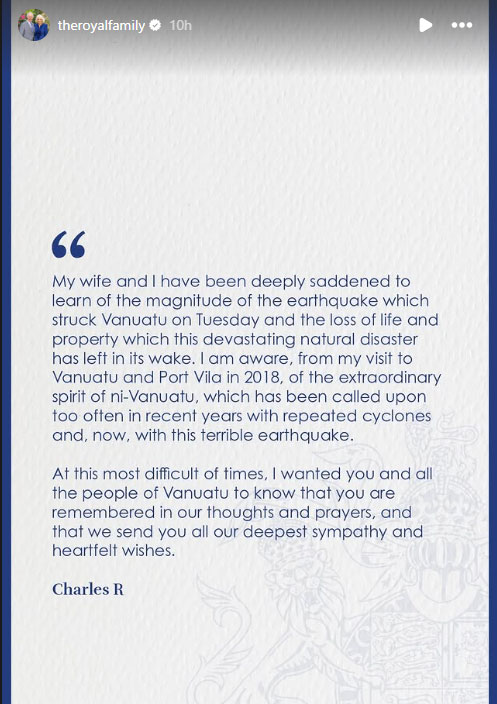Business
Breathless Punjab
字号+ Author:Smart News Source:Travel 2025-01-13 14:46:10 I want to comment(0)
PUNJAB’s smog crisis has effectively spiralled out of control, with air quality readings shattering all past records: Multan’s AQI surpassed 2,000 recently and Lahore’s is consistently exceeding the 1,100 mark. While the two cities have now been put under a nine-day lockdown, such high levels of air pollution have taken a terrible toll on the population. Nearly 2m citizens sought medical attention for respiratory ailments in just 30 days. Hospitals are reporting patients of asthma, conjunctivitis and heart disease in overwhelming numbers. While the provincial government is running helter-skelter closing schools, banning recreational activities and demolishing non-compliant brick kilns, these steps amount to little more than crisis management. The distribution of super-seeders and installation of emission control systems, though welcome, cannot mask the absence of deep reform. It is not with seasonal firefighting that Punjab can deal with this recurrent problem. It must address primary pollution sources: a rickety transport infrastructure, industrial emissions and urban sprawl. Across the border, Delhi faces a similar crisis, with schools shutting down and flights disrupted. In Pakistan, the Punjab information minister says that while 70pc of Lahore’s smog is generated locally, around 30pc wafts in from India. This makes bilateral cooperation essential. In addition, the Lahore High Court’s call for a decade-long policy framework merits attention. With 70-80pc of environmental pollution stemming from transport emissions, particularly substandard fuel, any meaningful solution must prioritise public transport and stricter emission standards. The government’s plan to introduce electric buses by June 2025 is promising but insufficient. The path forward requires painful but necessary reforms: relocating industries outside urban centres, enforcing Euro-V fuel standards, expanding green coverage beyond the current 3pc in Lahore, and creating air quality monitoring networks. While these may seem economically burdensome, the cost pales in comparison to the rapidly rising healthcare costs and the undeniable loss of productivity. For citizens caught between unaffordable air purifiers and deteriorating health, the government must provide relief through subsidised protective gear, such as N95 masks, and expanded healthcare access. However, the public too must recognise their role in this crisis. It must adopt greener lifestyles and reduce personal emissions. Ultimately, tackling smog requires unwavering political will, regional diplomacy, public participation, and a rethink of our urban development.
1.This site adheres to industry standards, and any reposted articles will clearly indicate the author and source;
 Related Articles
Related Articles-
ADR falls to 37pc, IDR reaches 94pc
2025-01-13 14:41
-
Israel’s onslaught inflicting ‘unprecedented and potentially irreversible harm’ on Palestinian children
2025-01-13 13:28
-
Ex-legislators offer help for peace in Kurram, other troubled spots
2025-01-13 12:28
-
Biden administration planning $680m arms sale to Israel: Reports
2025-01-13 12:13
 User Reviews
User Reviews Recommended Reads
Recommended Reads Hot Information
Hot Information- UN rapporteur urges people sought by International Criminal Court arrest warrants to ‘surrender’ to face trial, justice
- UK tightens curbs on employers exploiting foreign workers
- CM Bugti outlines plans to empower Balochistan’s youth
- ‘Scooty’ scheme launched for female students in Balochistan
- Imran Khan gives ‘final call’ for protest on Nov 24
- Gautam Adani breaks silence on US indictment to say his group is committed to compliance
- Govt raises Rs1.2tr with cut in yields
- Man, minor daughter die in Multan roof collapse
- Lebanon says US truce plan ‘very positive’: official
 Abont US
Abont US
Follow our WhatasApp account to stay updated with the latest exciting content













